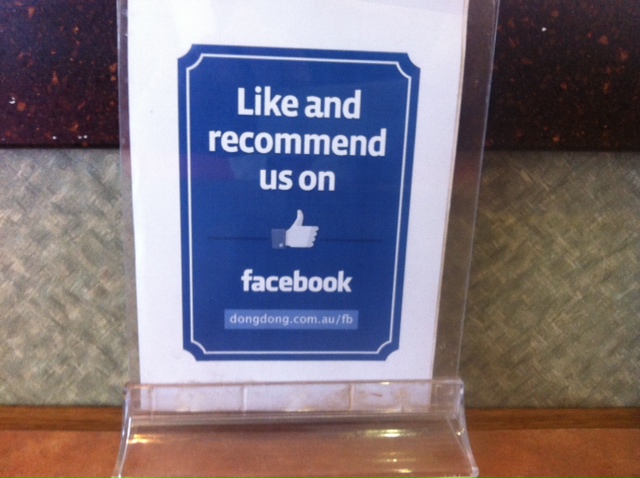On many measures Google are in trouble, but one analyst thinks we’re panicking and his view is the lead of today’s links of the day. We also look at how the name ‘Silicon Valley’ came about, why solar power is getting cheaper and how some startups die.
Does Google’s future lie in R&D?
“Google is down but it’s not out” is the warning of this analyst’s report on the company’s earnings and strategy. Interestingly Google outspends Apple by $4bn a year on research and development, but both of them are dwarfed by Microsoft’s spending, which indicates R&D investment doesn’t guarantee success.
The origins of the name ‘Silicon Valley’
Last Sunday marked the 44th anniversary of the first time the label ‘Silicon Valley’ appeared in print. The US Computer History Museum looks at how the name came about and no-one will be surprised it was a marketing person who coined it.
Why does solar power keep getting cheaper
A few years ago putting solar cells on a building was expensive, now in many parts of the world the price of PV panels is becoming competitive with mains power. Vox Magazine looks at the factors driving the price drops and finds that economies of scale are now the main factor affecting the falling cost of installed solar power systems.
RIP Urbanspoon
One of the earliest food review platforms was Urbanspoon which was founded on the basis it would only grow as a bootstrapped company. In 2009 the founders sold out to a larger company who have now sold it onto an Indian business who is going to shut the name down.
Startups who’ve fallen off the map
Business Insider lists 17 formerly hot businesses who’ve fallen out of the public view this year, while some of them haven’t disappeared, it’s a list that reminds us that most new businesses, particularly tech startups, fail.




